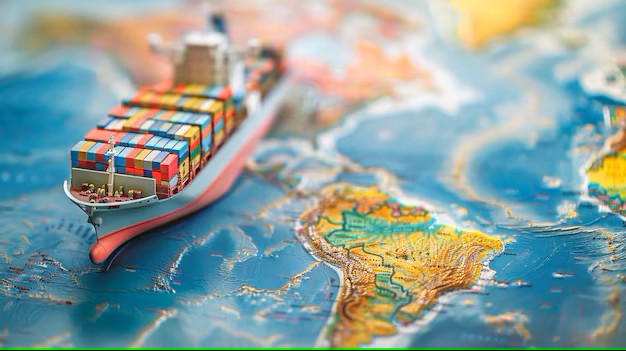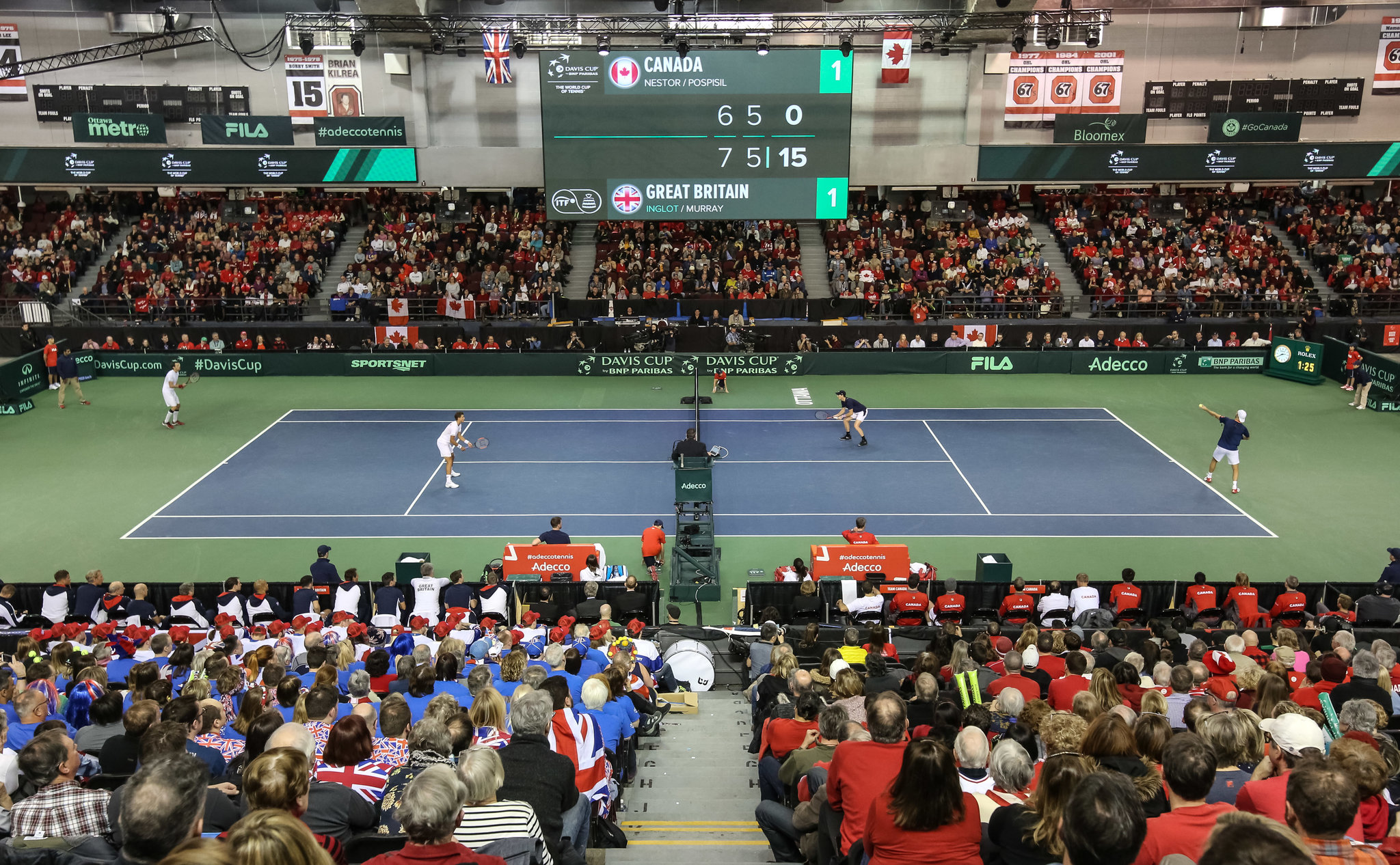Trump’s Reciprocal Tariffs Signal a Dangerous Shift that Could Break Small Island Economies
 06 April 2025
06 April 2025


The global trade order that once offered a lifeline to small island states like Saint Lucia is being dismantled, and the consequences could be devastating.
The recent push by former US President Donald Trump to introduce reciprocal tariffs marks more than a policy pivot. It reflects a fundamental rejection of the rules-based multilateral trading system that the United States helped build and champion for over half a century.
For decades, the US served as the principal architect and defender of a neo-liberal economic order built on free trade, open markets, and multilateral cooperation. It was a system grounded in rules, norms, and institutions, particularly the World Trade Organisation (WTO), that gave even the smallest economies a seat at the table.
Now, that framework is under direct assault.
Trump’s proposed tariff policy, which can best be described as a tit-for-tat regime that imposes duties on imports based on how US goods are treated abroad, abandons WTO principles entirely. It discards the most-favoured-nation rule in favour of power-based bargaining and a new diplomatic ethos of “might is right.” In effect, it transforms global trade from a forum of cooperation into a gladiator’s arena, where size, wealth, and political leverage determine outcomes.
Saint Lucia and the Caribbean, more broadly, may not feel the sting immediately. After all, most countries in the region have been placed on the lowest tariff tier under Trump’s proposal of 10 per cent, with few exceptions in the case of Guyana. But the long-term consequences are far more troubling.
If other major economies such as China, the EU, and India respond in kind, we could find ourselves sliding into a global trade war, where countries impose both tariff and non-tariff barriers, retaliate, and retreat inward. The last time we saw such a breakdown was in the 1930s, when US protectionism triggered a cascade of retaliatory tariffs. The result? The Great Depression and, eventually, global conflict culminating in World War II.
Make no mistake, the risks today are real, the stakes are high, and the road ahead will be difficult.
We are entering a new phase in global economic history, one that is more arbitrary, more protectionist, and more dangerous. This is not reform. It is the abandonment of a system that, while imperfect, offered structure, legal recourse, and stability.
Yes, Caribbean countries have had their share of losses under the WTO framework. The collapse of the banana industry, rum industry, and light manufacturing sectors is evidence of that. These developments resulted in economic dislocation and the displacement of thousands of farmers, particularly in banana-belt regions like Dennery. A consequence was poverty skyrocketing, prompting significant outward migration to Martinique, Sint Maarten, the UK, and the US.
The light manufacturing sector was virtually decimated, leading to the closure of companies such as Belle Fashions in Dennery, which produced apparel for Victoria’s Secret, and Fenwall in Vieux Fort, a manufacturer of commercial architectural metals. The impact of these closures was particularly significant for women, who were concentrated in the sector, many of whom have never re-entered the formal labour market.
Yet, despite these losses, the multilateral system still provided rules, predictability, and a path to justice—especially for smaller, trade-dependent economies.
Now, with reciprocal tariffs and the US’s open disregard for WTO processes, that fragile scaffolding is being dismantled. It is an affront not just to global institutions but to the very economic principles espoused by the likes of Adam Smith, particularly the benefits of comparative advantage and gains from trade.
Saint Lucia and the OECS economies are especially exposed. The US remains our single largest trading partner and tourism source market. Our economy is structurally tied to theirs. The old saying, “When the US sneezes, the Caribbean catches a cold,” will soon play out with frightening clarity. But this time, the US is not just sneezing—it is coughing, and coughing loudly, and these coughs are reverberating across the globe. And we are likely to contract pneumonia as a result.
But this moment is about more than economic forecasts. It’s about what kind of world we’re heading into.
If the US continues to flout international rules and conduct trade only on its preferred terms, it will accelerate the rise of geopolitical bipolarity. We’ll see deep fractures in the global system, manifested in competing trade blocs, rising tariffs, and declining cooperation. In such a world, small states don’t just lose leverage, they lose relevance and will become economic casualties and trade-war fodder.
Let us not forget, in this era of shifting alliances and great power rivalry, the Caribbean’s proximity to the US puts it in an especially delicate position. Any move to diversify partnerships, be it with China, Latin America, or others, could be viewed through the lens of an emboldened Monroe Doctrine, where US influence must remain unchallenged in the hemisphere.
This is why, now more than ever, we must ask ourselves: Where is CARICOM?
For decades, Caribbean leaders have paid lip service to integration and regional resilience while failing to build the kind of collective institutions and economic strategies that would prepare us for this moment. The absence of a unified voice, a shared foreign policy, and a strategic economic agenda is no longer just unfortunate, it is negligent.
CARICOM must rise to the occasion. We need urgent and coordinated action to: • Advocate for WTO reform that reflects the realities of small, vulnerable economies; • Invest in regional supply chains, food security, and trade facilitation; • Strengthen diplomatic and economic ties beyond the US; and • Build institutional mechanisms to protect our economies from future shocks.
The global calm and stability we once knew will not return anytime soon. The rules that protected small states are under siege. We must stop pretending that the post-war order still exists in its old form.
The world is changing, and it is doing so at breakneck speed. And if we are not prepared—and I rather suspect we are not—it will change without us, or worse, against us.
Related News

Saint Lucia Prepares for Davis Cup Return

Saint Lucia First in OECS to Complete Regional Health Resilience Project

Anse La Raye Bypass Bridge Opens, Marking Major Progress on West Coast Road Project

